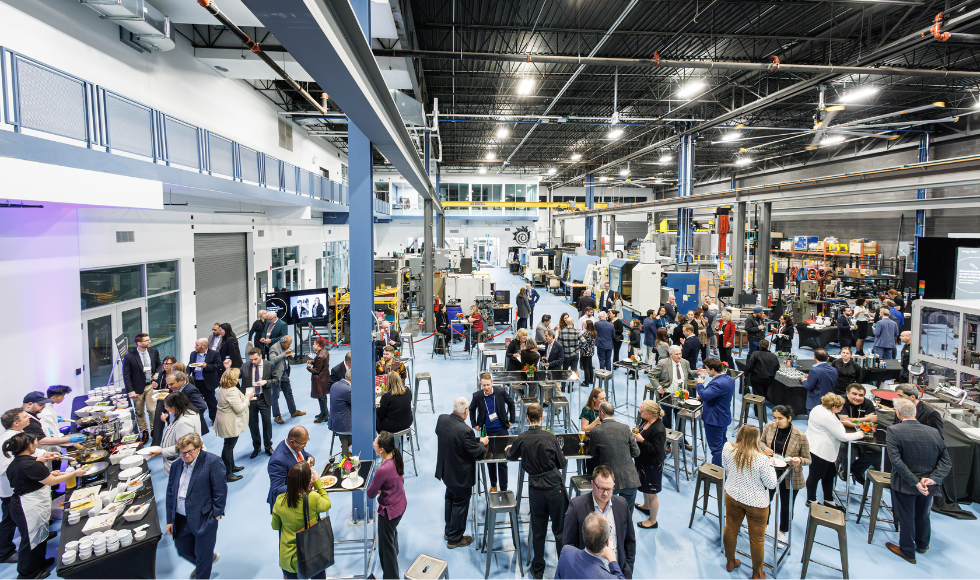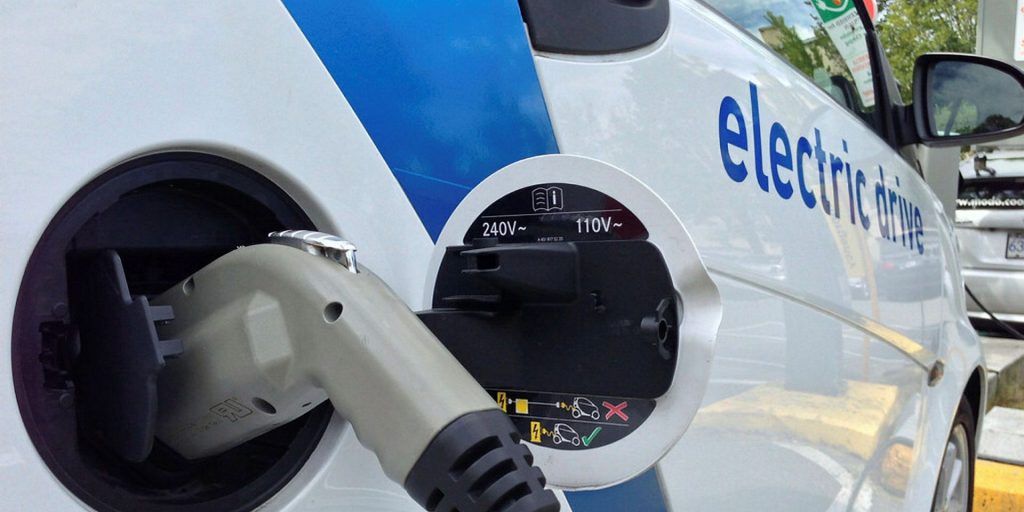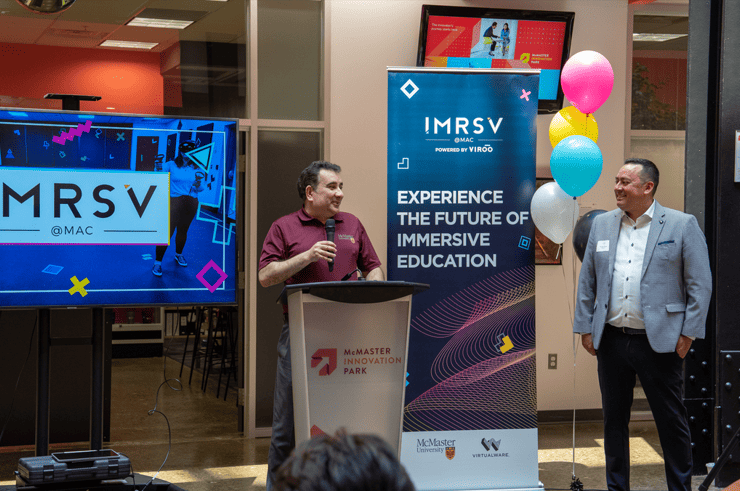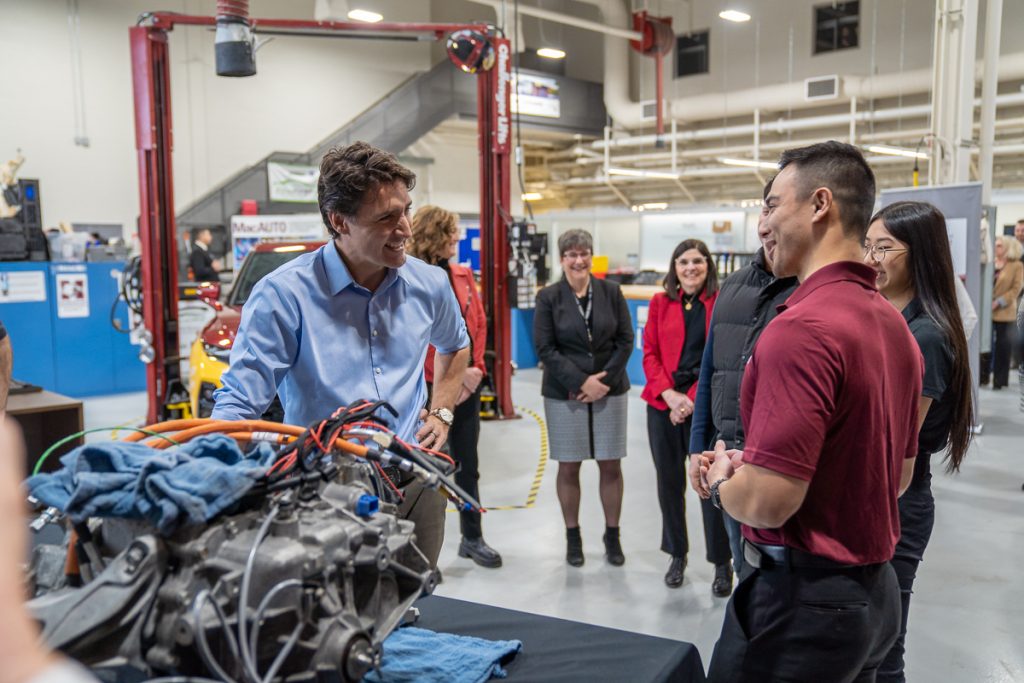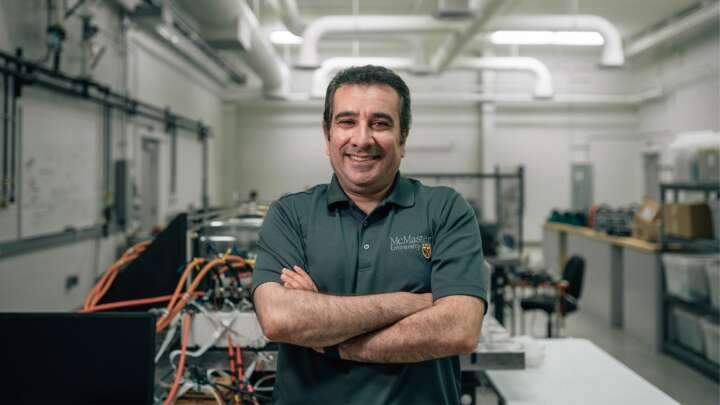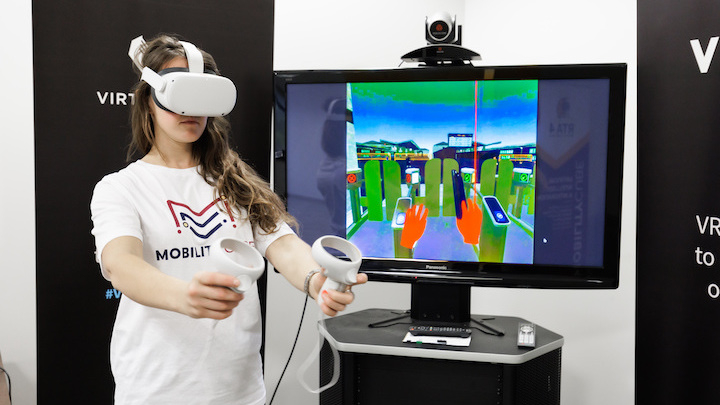In 2018, Jingru Yang received a bachelor’s degree in applied physics from Northeastern University, China. He then received a master’s degree in electric engineering, from Northwestern Polytechnical University, China, in 2021. Since 2022, he has worked with Dr Babak Nahid-Mobarakeh’s research team at the McMaster Automotive Resource Centre (MARC) in Canada, while he pursues his Ph.D. His research interests include power converter design and control algorithms, for converters and electric machines.
Full Profile
From an early age, Jingru has had questions about the purpose of the entire world. He has consistently found great satisfaction in discovering how the world around him, works. With these ideas and questions fresh in his mind, he enrolled at Northeastern University, in 2014, and majored in applied physics, as an undergraduate student. After 4 years of studies, Jingru convinced himself that he not only wanted to discover how the world works, for himself, but he also wanted to investigate these answers with regards to the welfare of the greater population.
In 2018, he entered Northwestern Polytechnical University (NWPU) and majored in electric electronics. While there, Jingru worked on power converter designs and control algorithms. He researched the disturbance observer and implemented a control system for a 3-stage variable speed synchronous generator, which improved the output performance by compensating system disturbance with respect to changes in shaft speed. Benefiting from an improvement in semiconductors, he successfully pushed SiC MOSFET beyond the rated switching speed. Based on this advantage, a prototype of a high-frequency phase shift DC-DC converter was designed, with the help of a planar transformer. After 3 years of study, he devoted himself to achieving new ideas in reality, and he enjoys this kind of activity to this day.
In May 2022, JIngru joined McMaster University to pursue a Ph.D. in electric and computer engineering, under the supervision of Dr. Babak Nahid-Mobarakeh. At the McMaster Automotive Resource Centre (MARC), he is encouraged to push electric machines to their limit. He is now working on current and torque control algorithms for permanent magnet synchronous machines, the optimisation of control techniques, and the hardware designs for power converters and microcontroller systems.

